The rapid expansion of telehealth has revolutionized healthcare delivery, creating new opportunities and challenges for providers, particularly in behavioral health, psychiatry, and mental health services. As telehealth becomes more integral to patient care, providers are increasingly seeking ways to streamline their operations, enhance patient access, and achieve their financial goals. Leveraging TSI’s comprehensive services—including Patient Access, Revenue Cycle Services, and Technology Integration—can be a game-changer, enabling providers to optimize their telehealth programs while ensuring accessible care and improving financial outcomes.
Key Issues Telehealth Providers Face
Telehealth providers, especially those offering behavioral health, psychiatric, and mental health services, face a range of challenges that can impact their operational efficiency, financial performance, and patient satisfaction:
Operational Throughput: Managing the increased volume of telehealth interactions, particularly in mental health services where demand has surged, can lead to bottlenecks and long wait times. This is especially critical given that telehealth visits for mental health and substance use disorder services accounted for 39% of all telehealth outpatient visits between March and August 2021, up from just 11% two years earlier. Providers also face challenges in integrating telehealth platforms with existing systems like Electronic Health Records (EHRs), which is crucial for maintaining operational efficiency.
Billing and Reimbursement Challenges: Inconsistent reimbursement policies across different payers, frequent changes in guidelines, and the complexity of telehealth-specific billing codes can lead to coding errors and claim denials. The rapid growth in telehealth for mental health services has made these challenges more pronounced, as providers navigate different payer requirements and reimbursement rates. Rural residents, who make up a significant portion of telehealth users for mental health services (55% of visits in rural areas compared to 35% in urban areas), are particularly affected.
Customer Service and Patient Engagement: Delivering a high-quality patient experience virtually requires user-friendly platforms and robust customer support. Behavioral health services, in particular, rely on continuous patient engagement, which can be difficult to manage without adequate resources. Ensuring consistent, empathetic, and timely support is crucial for maintaining patient trust and satisfaction.
Regulatory Compliance: Navigating varying state laws is particularly challenging in telehealth, especially for providers offering behavioral health and psychiatric services. Some states have reinstated regulations that limit telehealth use, particularly in areas like prescribing medication or requiring in-person visits before telehealth consultations.
These regulations create additional layers of complexity for providers who must stay compliant while delivering care across state lines.
Technology Barriers: Access to reliable technology is crucial for telehealth, but disparities in digital literacy and internet access, especially in rural areas, can limit the effectiveness of telehealth services. This is particularly concerning for mental health care, where privacy, continuity, and consistent access to care are vital for positive patient outcomes.
Financial Sustainability: Revenue leakage due to billing errors and inconsistent reimbursement can lead to significant financial challenges, threatening the sustainability of telehealth services. This is particularly concerning in states with stringent regulations and payer requirements that complicate reimbursement processes.
Provider and Staff Training: Adequate training in telehealth technology, billing codes, and virtual care delivery is essential to avoid inefficiencies and ensure quality care. This is particularly important in mental health services, where providers must be trained to handle sensitive patient interactions virtually.
Patient Access: The digital divide and lack of patient education on telehealth options create disparities in care access, particularly among vulnerable populations. This issue is pronounced in behavioral health, where continuous access to care is vital for patient outcomes.
How TSI Can Help Providers Overcome These Challenges
TSI offers a comprehensive suite of services designed to address these specific challenges, helping providers close operational inefficiencies, reduce revenue leakage, and improve patient access to care:
Revenue Cycle Services: TSI’s AI-powered Revenue Cycle Services help providers navigate the complexities of telehealth billing and reimbursement, particularly in mental health and substance use services. Our team of experts ensures that claims are accurately coded, thoroughly documented, and promptly submitted, reducing the likelihood of denials and optimizing cash flow. By addressing revenue leakage, TSI helps providers maintain financial stability and achieve their financial goals.
Operational Efficiency: TSI’s Contact Center Services are tailored to manage the high volume of patient interactions typical in telehealth settings, especially for behavioral health services. By outsourcing these functions to TSI, providers can ensure that patients receive timely and professional support, enhancing patient satisfaction and allowing providers to focus on delivering quality care.
Technology Integration: TSI provides cutting-edge technology solutions that ensure seamless telehealth delivery. Our technology integration services are particularly beneficial for mental health providers who need reliable, secure platforms to deliver private and continuous care. This helps close the digital divide by providing accessible, user-friendly platforms for all patients.
Regulatory Compliance and Data Security: TSI’s expertise in regulatory compliance helps providers navigate the complex landscape of state laws and HIPAA regulations, which are especially challenging in telehealth for behavioral health services. We also offer robust cybersecurity measures to protect patient data, ensuring that providers can deliver care with confidence.
Patient Access and Engagement: TSI’s Patient Access services focus on enhancing access to telehealth for all patients, particularly in underserved areas. This is critical for mental health services, where continuous patient engagement is necessary for effective care. We offer patient education and engagement services to help providers inform and guide patients through the telehealth experience, improving adherence to treatment plans.
Provider and Staff Training: TSI offers comprehensive training programs that equip providers and their staff with the skills needed to excel in telehealth environments. This includes training in telehealth etiquette, technology usage, and understanding billing requirements, ensuring that the entire team is prepared to deliver exceptional service.
Opportunities for Providers with TSI
By partnering with TSI, providers can maximize the opportunities presented by telehealth while overcoming the inherent challenges:
Cost Reduction: TSI’s scalable solutions allow providers to optimize their operations, reducing overhead costs associated with in-house management of functions like billing, customer support, and technology integration. This not only lowers costs but also enhances patient access to care, particularly in mental health services.
Revenue Growth: With TSI’s Revenue Cycle Services, providers can expand their telehealth services, particularly in high-demand areas like mental health and substance use disorders. This helps providers reach more patients and increase revenue streams.
Enhanced Patient Experience: TSI’s focus on patient engagement ensures that providers can offer frequent touchpoints and personalized care through telehealth, leading to improved adherence to treatment plans and higher patient satisfaction, which is crucial in behavioral health services.
Data-Driven Insights: TSI’s data analytics services provide providers with actionable insights into their telehealth operations. By tracking key performance indicators (KPIs) and identifying trends, providers can make informed decisions to further improve their services, enhance patient access, and boost financial outcomes.
Conclusion
The expansion of telehealth, particularly in behavioral health, psychiatric, and mental health services, presents both challenges and opportunities for providers. By partnering with TSI, providers can streamline their processes, close operational inefficiencies, and address revenue leakage, all while enhancing patient access and achieving their financial objectives. TSI’s comprehensive services—including Patient Access, Revenue Cycle Services, and Technology Integration—are designed to ensure that telehealth programs not only meet but exceed expectations. With TSI’s support, providers can significantly improve accessible access to care for patients by offering seamless, user-friendly telehealth services, optimizing revenue through effective billing practices, and integrating cutting-edge technology. Providers who leverage TSI’s expertise will be well-positioned to thrive in the evolving healthcare landscape, driving both patient satisfaction and financial success.












